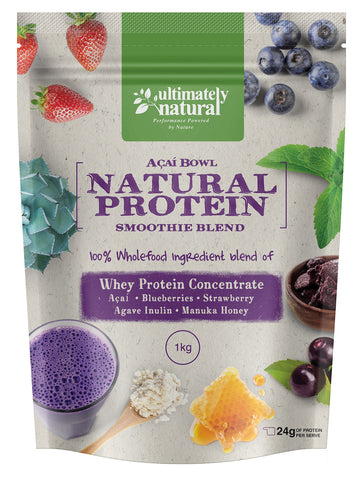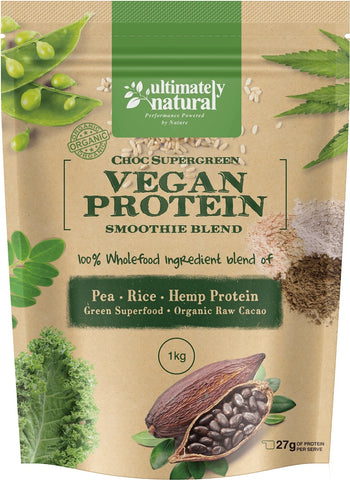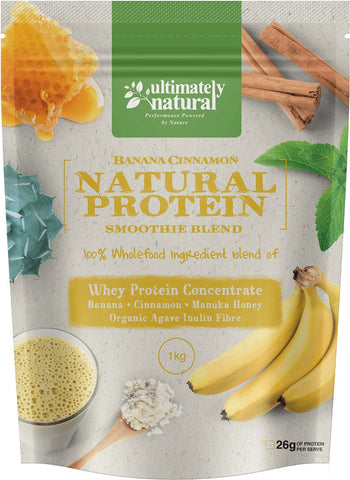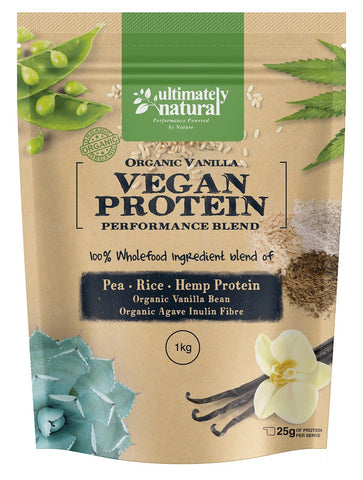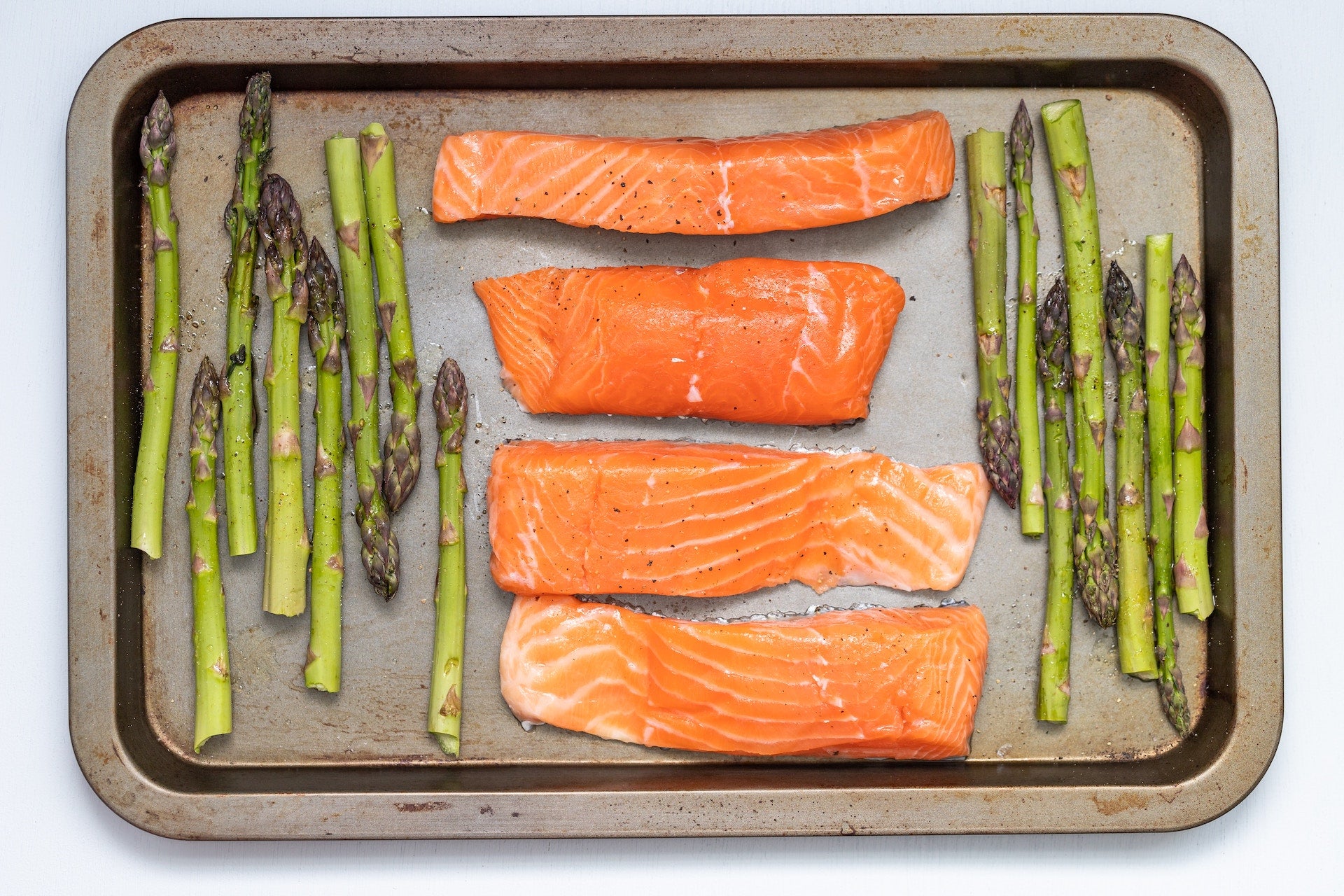
Eat fat to burn fat
Don’t fear the fat if you wish to lose it!
We have heard it for years and feared it for just as long – “all fats are bad”, but were we getting our facts right?
The truth is that not all fats are created equal and diets higher in fat and lower in processed carbohydrates have been linked to greater lifespan, lower rates of chronic disease, healthier weight levels and increased vitality. Regional diets such as those found around the Mediterranean and in France that take in large amounts of meat, poultry, fish, vegetables and of course, fat, have been shown to lead to long, healthy and happy lives. These diets are typically high in Essential Fatty Acids (EFA’s) such as monounsaturated and polyunsaturated fats which are considered ‘good fats’ because they help lower your cholesterol levels. Diets that cut out these fats completely or include too little of them can result in chronic fatigue, obesity and even heart problems. The ‘good fats’ can be found in foods such as fish, flaxseed, some varieties of nuts, olive oil, avocados, whey protein and more.
Another fat that has been demonised in popular press is saturated fats. Just like mono and polyunsaturated fats, some naturally occurring saturated fats can also offer health benefits. The saturated fat in coconut oil for instance, consists mainly of lauric acid and myristic acid, with lesser amounts of palmitic acid. When lauric acid is present in the body, it is converted into monolaurin, a monoglyceride compound which exhibits antiviral, antimicrobial and antifungal properties. It acts by disrupting the lipid membranes in organisms like fungus, bacteria and viruses, thus destroying them. Plus lauric acid is basically non-toxic, which gives it a distinct advantage over modern pharmaceutical drugs that are typically used to fight viruses, bacterial infections and fungal infections. So the saturated fats in coconuts can be very beneficial to one’s health, whereas foods like chocolate and beef contain palmitic acid (“the bad fat”) so it is important to know which fats are good for you.
Foods such as chia seeds, acai berries, flaxseed and more were all once popular snacks amongst our hunter gatherer ancestors, but are now emerging as the latest ‘power’ or ‘super foods’ on today’s market. In recent years, modern agriculture has led to the commercialisation and wide distribution of these more primitive form of snack foods. Now readily available across most supermarket shelves, these nutritious foods are among the new food groups being heralded as the new wave of ‘superfoods’ as they not only host an array of vitamins and minerals but also contain high levels of healthy fats like omega’s 3 and 6 and are great for maintaining optimal health and wellbeing.
Recent agricultural research on different plant food sources has led to another powerfood plant discovery that offers all these nutrients and more and that is hemp protein. Hemp protein is derived from the hemp seed and it is rapidly emerging as the new player in the powerfood movement as it not only offers a great source of highly digestible protein but also offers a significant amount of essential fatty acids. With a similar profile to egg, hemp protein contains all the essential amino acids, making it the most complete source of protein in the plant kingdom. Whilst protein is a crucial component for muscle repair and building, so too are vitamins, minerals, fibre, enzymes, probiotics, antioxidants and a host of other nutritional components – all of which are found in hemp seeds. Perhaps most vital is the Essential Fatty Acids (Omega-3 and Omega-6); because it does not contain the dioxins and toxins that are common in oily fish, a common source of Omega 3. Hemp is a unique source of the long chain fatty acids, especially Edestin, which is a globular protein most resembling those found in our body - making it easier for your body to absorb the full range of nutrients. Ultimately Natural’s vegan proteins are formulated using a combination of hemp, pea and brown rice proteins all of which offer significant levels of vitamins & nutrients. Hemp Protein acts synergistically with these other protein sources as the inclusion of the essential fatty acids and fibre from the hemp actually help the nutrients absorb better into the bloodstream stream and thus are utilised more efficiently by the body.
So do not fear the fat next time you are trying to fill up. As well as being an essential part of a healthy functioning body, various forms of fats are essential to a healthy diet and maintaining a healthy weight. Anything labelled as low fat is usually filled with other flavour substitutes like sodium or sugar which can end up adding more fat to the body in the long run than the full fat products themselves. In addition, products higher in fat, like full fat dairy products, coconut cream, nuts etc will help increase satiety levels (feeling of fullness) in comparison to any so called ‘low fat’ diet food alternatives. Like all good things though, just remember moderation is key!
http://www.ultimatelynatural.com.au/products/vegan-protein/product-name681713304/
Article by Mike Donaghy
Resources:
http://www.goodhempnutrition.com/content/68-what-is-hemp-protein
http://www.livestrong.com/article/88254-benefits-hemp-protein/
http://www.abc.net.au/health/thepulse/stories/2008/09/25/2372372.htm
http://agris.fao.org/agris-search/search.do?f=2012/OV/nutrition-for-fitness
http://www.naturalnews.com/026819_lauric_acid_coconut_oil.html##ixzz2s8lflaUa

